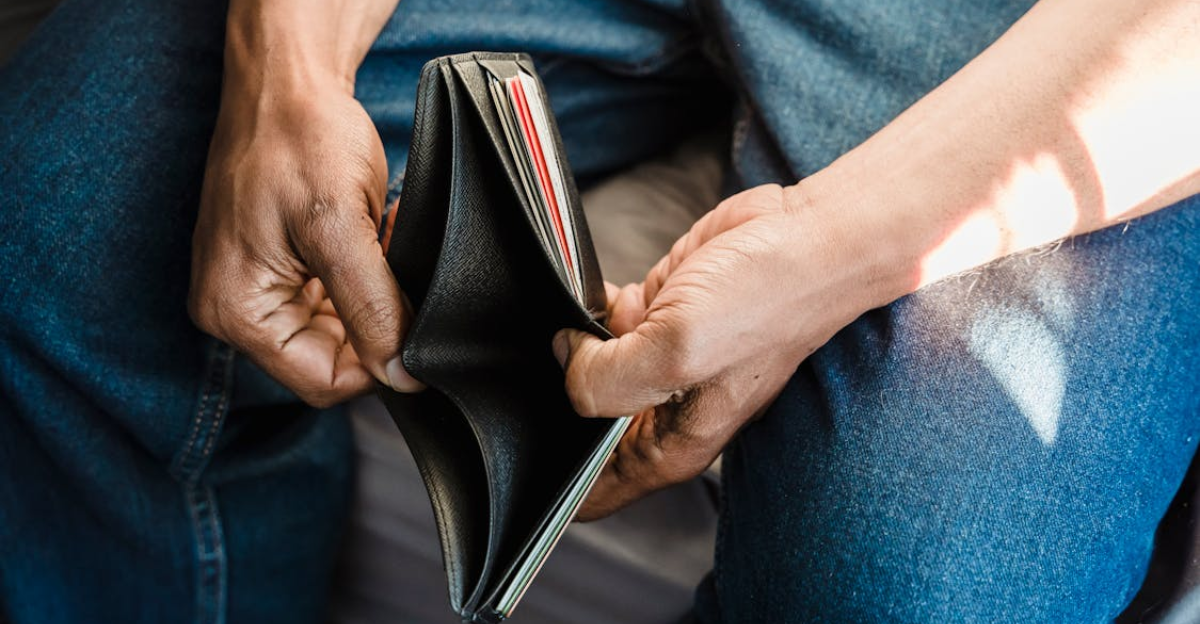
We all know managing money can be a little tricky, and when not done right, it can be devastating. We tend to think it’s the big purchases that get us, so we avoid them to save money, but it could also be the small things that cut into our resources undetected. Because these habits are routine, you’re more likely to forget just how much they add up from month to month.
But once you know these wallet-draining behaviors, you can take little steps to curb them and start saving money. Here are 9 everyday habits that might be killing your savings.
1. Impulse Buying

Impulse buying is something we are all guilty of at one point. It could be something as simple as getting a gadget you hadn’t planned on buying because the sales guy was so convincing or snagging an extra snack that you really didn’t need, but it seemed good at that time. It’s always recommended to make a detailed shopping list and stick to it. Another smart tip is to wait for 24 hours before making any of the non-essential purchases. This gives you a chance to reflect on whether you truly need the item or not.
2. Paying for Subscription Services You Don’t Use
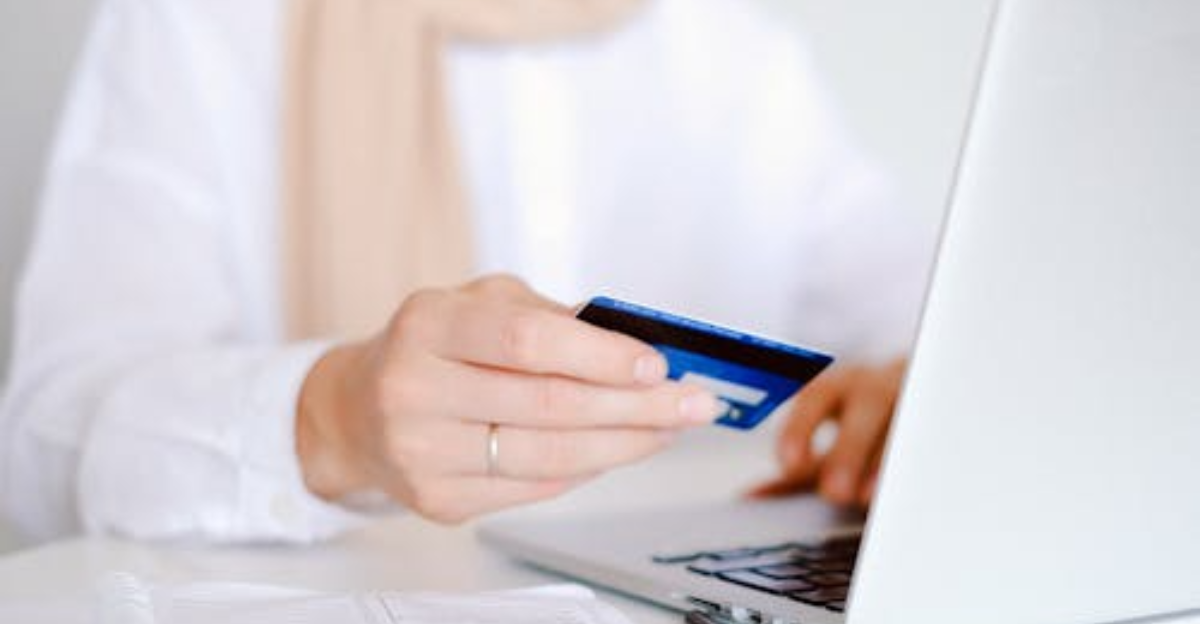
Subscription services, like streaming platforms or a software license, are convenient but can quietly drain your finances if left unchecked. And it’s easy to sign up for all these free trials they give away, but then we can easily forget to cancel before the charges kick in. These often go unnoticed because they’re automatically deducted from your account. Regularly reviewing your subscriptions to cancel those you don’t need can help your monthly budget. Setting calendar reminders for these trial expirations or consolidating services can also help you avoid wasteful spending and keep your finances in check.
3. Eating Out Frequently

Eating out is very convenient, but it’s a lot more expensive than just cooking at home. Even occasionally ordering the takeout two or three times weekly adds up fast. Eating at home gives you complete control over the ingredients and the portion of food consumed, which results in significant savings. Meal planning and batch cooking also help you have a greater chance of avoiding temptations to eat out regularly. You don’t have to stop takeouts and dining out entirely; simply decreasing the number of times you eat out can save you lots of money.
4. Buying Coffee Daily

For many of us, morning coffee has become a habit, but it can slowly drain your finances. Paying $3 to $5 a day for a coffee, which sounds inexpensive, can add up to hundreds, if not thousands, a year. Brewing coffee at home or investing in a good coffee machine can save you a lot of money. Besides, coffee brewing at home allows you to make it exactly how you want it. If you enjoy the sociability of coffee shops, limiting your visits to once in a while or on weekends can enable you to have both enjoyment and save money.
5. Paying for Unused Gym Memberships
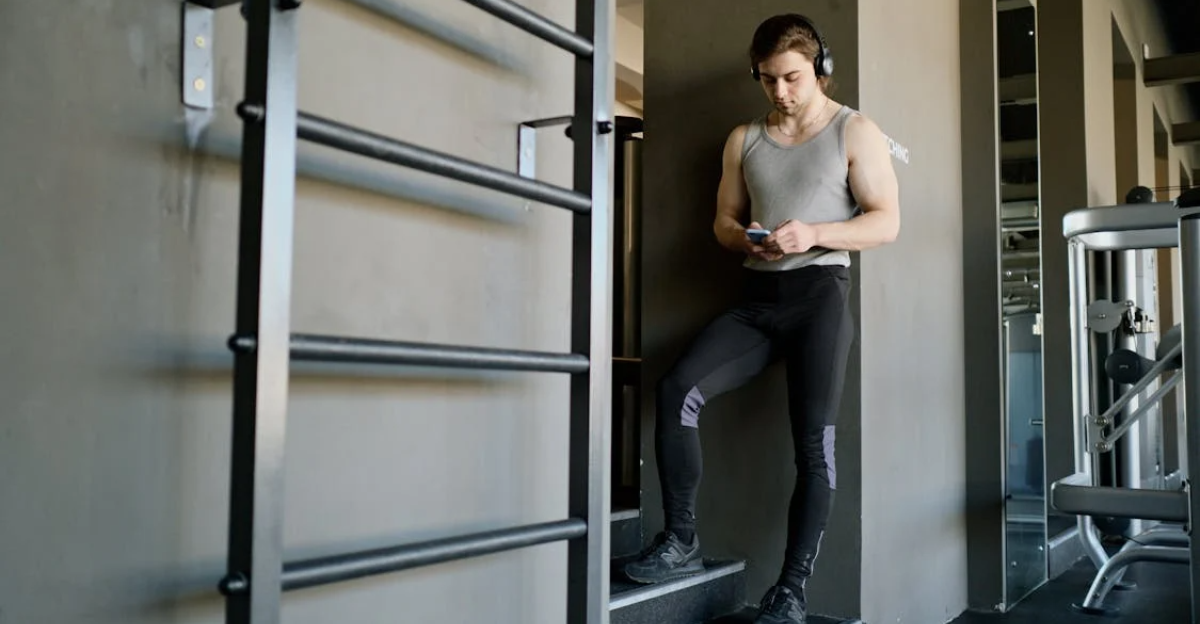
Gym memberships are an excellent investment in one’s health, but only if you utilize them. Most individuals pay monthly dues for gyms they barely go to, literally flushing money down the drain. If you’re not making use of your gym, consider freezing or canceling the membership. Alternatively, take advantage of free or cheaper forms of exercise such as running, home exercise, or community classes. This practice of purchasing unused memberships is a straightforward money leak that can be easily corrected with a bit of planning and self-awareness.
6. Overusing Credit Cards and Paying Interest
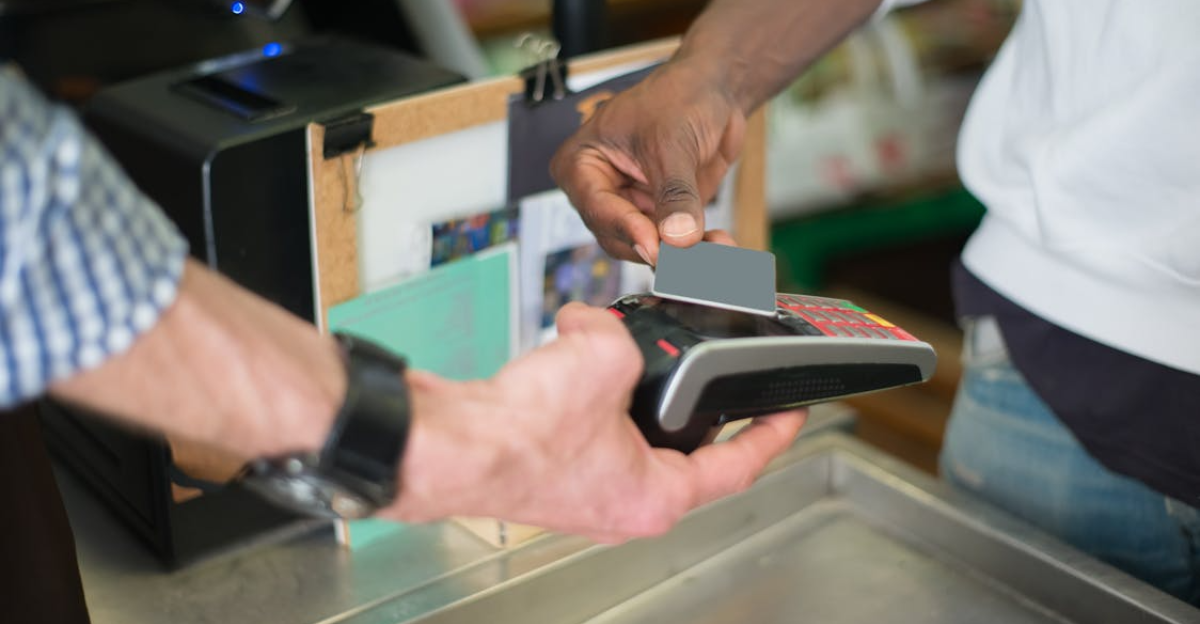
Credit cards are useful instruments if properly managed, but keeping balances and paying interest is an expensive idea. Huge interest charges on unsettled credit card balances can soon blow your debt out of the water, emptying your wallet every month. To prevent this, try to settle your entire balance every month or at least pay over the minimum. Creating a repayment plan and avoiding unnecessary credit card purchases can help you stay out of debt and save money on interest charges.
7. Ignoring Energy Efficiency at Home

Energy inefficiency in your home can lead to significantly increased utility bills. Keeping the lights on or using old appliances wastes energy, which in turn increases your electric bill. In addition to replacing old appliances, doing little things like using LED bulbs and turning off appliances when not in use will save you a large amount of money. Purchasing and utilizing energy-efficient appliances and smart thermostats may cost you more at first, but will actually save you money in the long term. Saving energy not only saves you money, but it also helps save the planet.
8. Buying Bottled Water Instead of Tap Water

Purchasing bottled water is really convenient, especially when you’re on the go, but it’s also expensive compared to tap water, which is just as safe but cheaper. Buying bottled water for everyday use is more expensive in the long run, and the environmental costs from plastic waste can be serious. It is kinder to your wallet and the planet to drink from a refillable water bottle or flask, and, if taste or quality are your concerns, purchase a good home water filter. This change not only reduces your ongoing costs but also encourages eco-friendliness.
9. Not Budgeting
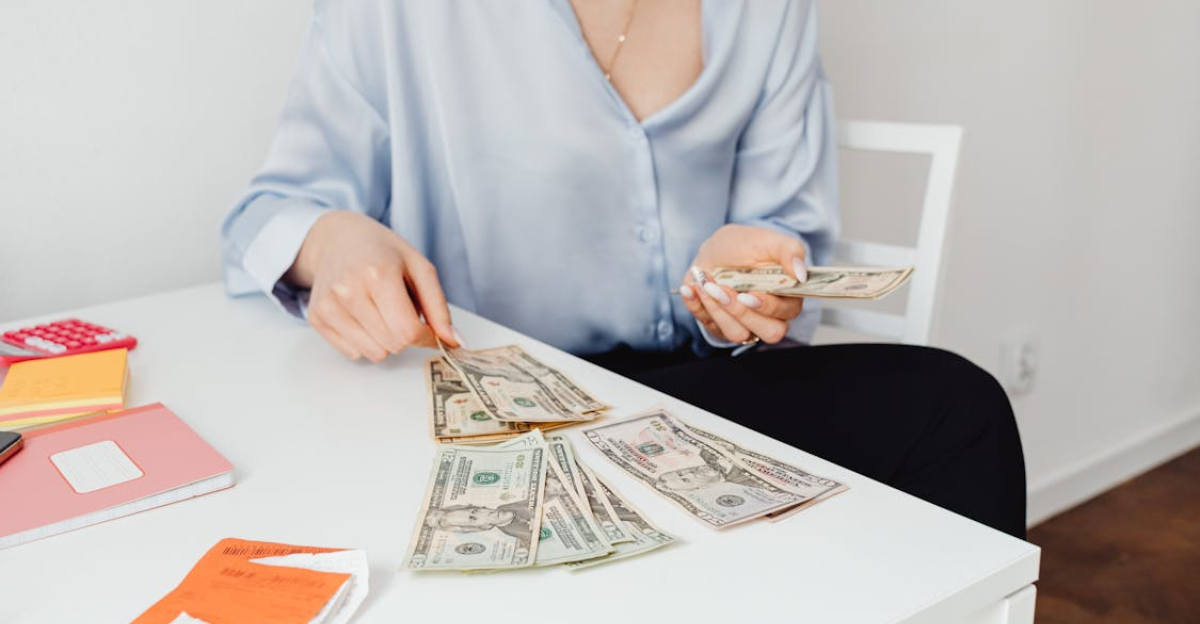
It is easy to overspend when we don’t have a fixed budget. Spending too much money on non-essentials is fine sometimes, but if we keep spending without a budget, we might spend more than we should. If you have a simple budget to follow, at least you can be sure that your bills will be paid on time and maybe have extra money to spend on yourself. There are budgeting apps that are cheap or free that can help with budgeting. Keeping an eye on what you spend will allow you to be in control of how you are spending your money.